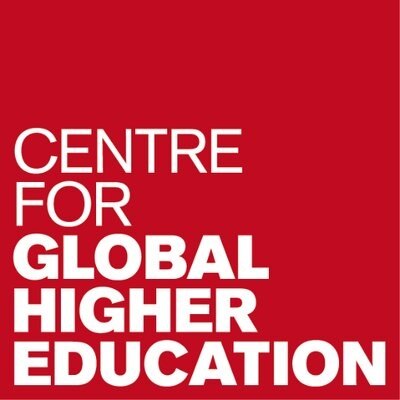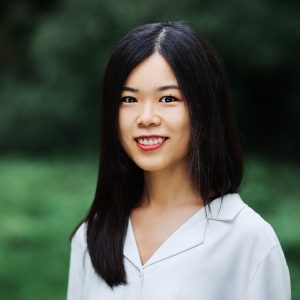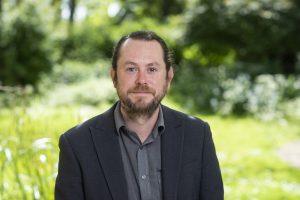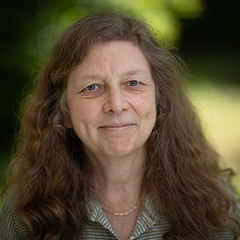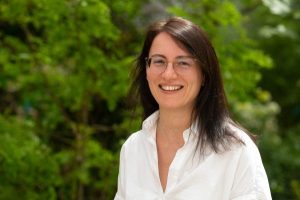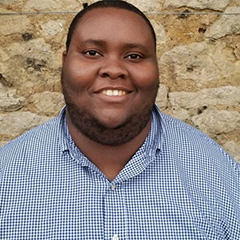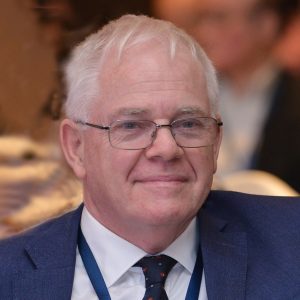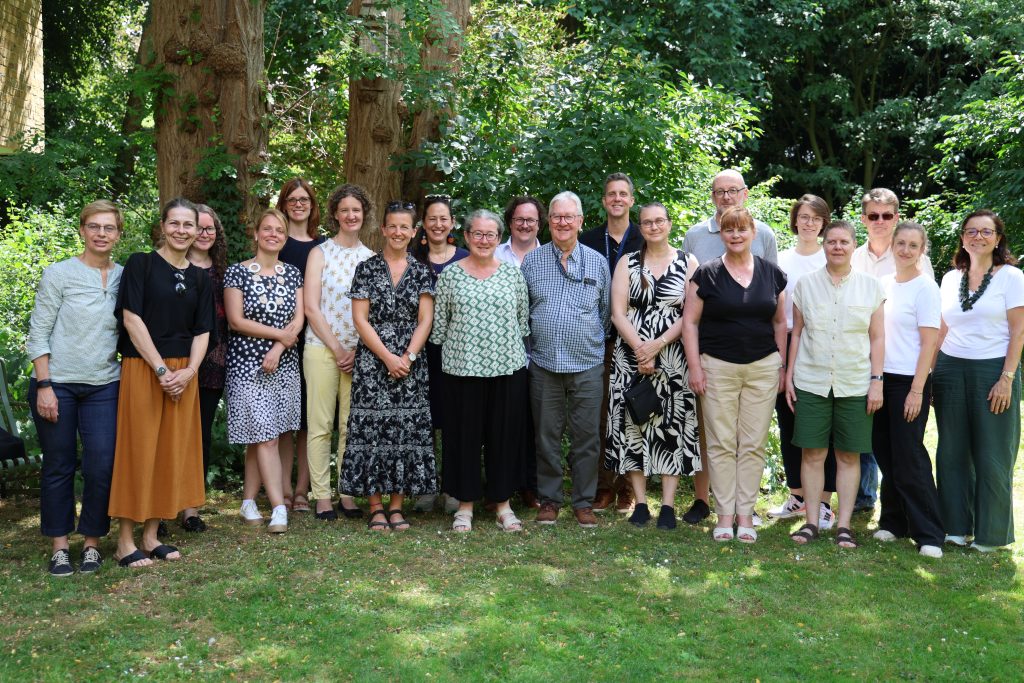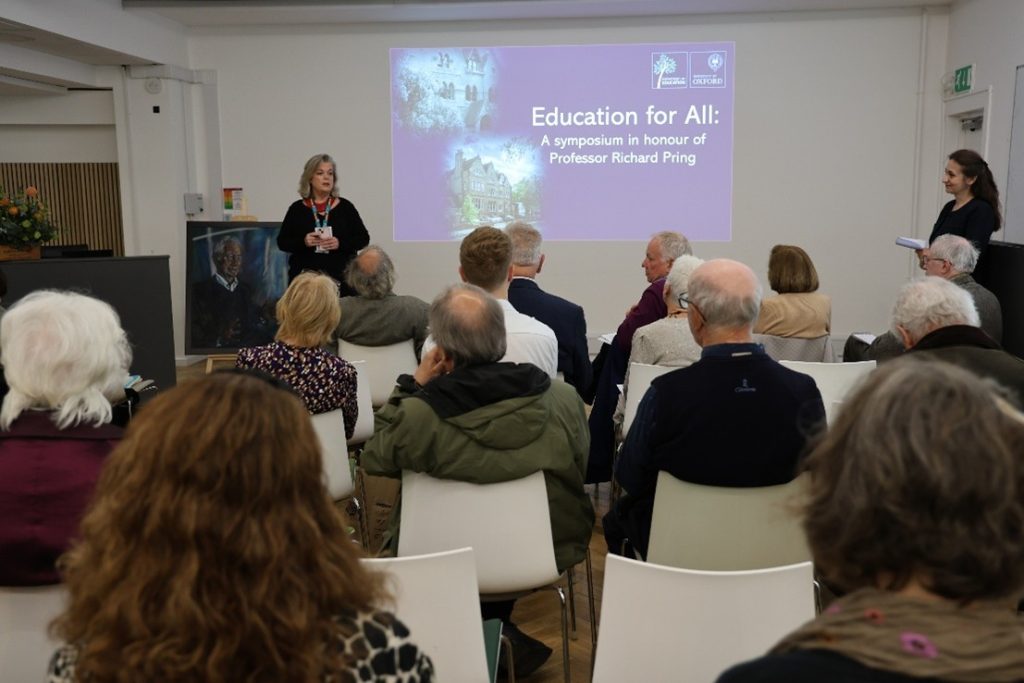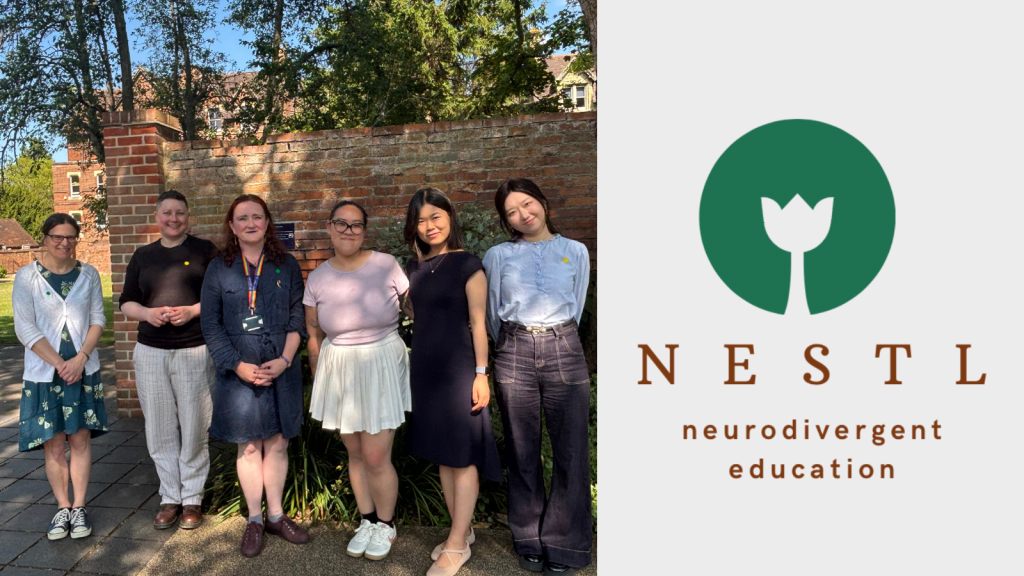The Centre for Global Higher Education (CGHE) is an international research centre and partnership that also supports the research of students and staff in the Department. Founded in 2015 by Simon Marginson, Simon oversaw a suite of 16 different higher education research projects funded by the ESRC and Research England. In 2024 David Mills took over as Director. The Centre hosts weekly webinars, an annual conference, academic visitors, and a summer school.
CGHE is a partnership of four UK universities (Oxford, UCL Institute of Education, Lancaster, and Birmingham) and two international universities (Hang Seng University in Hong Kong and the University of Johannesburg. ). Visit the CGHE website to read about its research projects, working papers, policy-related outputs, webinars, conferences and events.
Within the Department, there are more than 40 doctoral students researching aspects of higher education, along with several academic staff and postdoctoral researchers. You can find out more about our doctoral degree here. There is also a highly respected one year MSc course in Higher Education. CGHE holds regular events in the Department which are open to all, and works to build a strongly supportive research culture for those working on Higher Education research topics. Sign up for CGHE weekly mailings here.
The Centre is led by David Mills.






